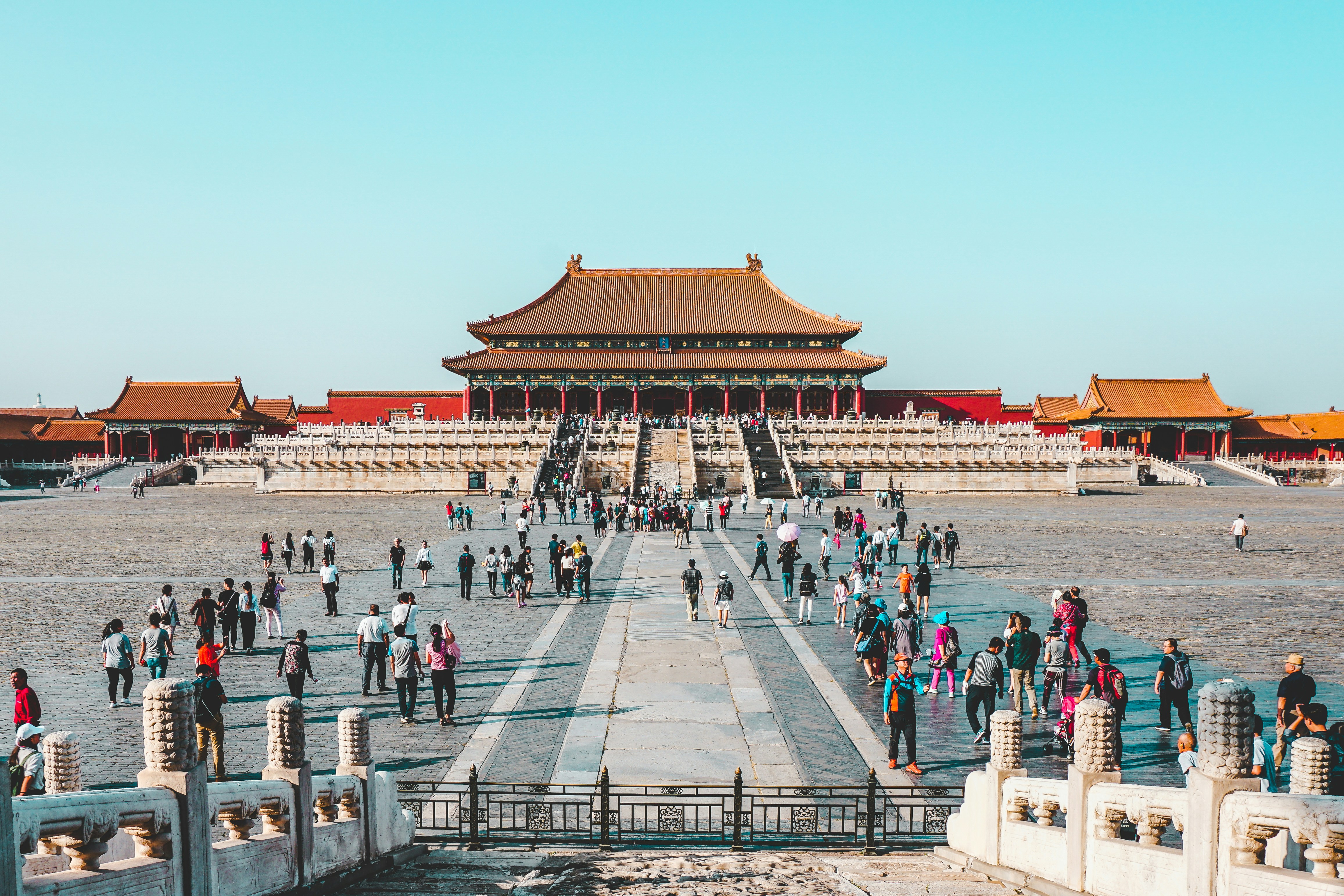Xi Jinping's Centralization Of Power: A Threat To China's Economic Reform And Growth

In recent years, China's political landscape has undergone significant transformation under the leadership of Xi Jinping. Since ascending to power, Xi has systematically centralized authority, consolidating his position at the helm of the Chinese Communist Party (CCP) and the state. This move, while bolstering his grip on power, poses a nuanced challenge to China's economic reform and growth initiatives, threatening the delicate balance between political control and economic liberalism that has propelled China onto the global stage.
Historical Context and Xi Jinping's Ascension
Since the late 1970s, China's remarkable economic transformation has been underpinned by a series of reforms that opened its markets to the world. The country's rapid ascent to become the world's second-largest economy was marked by an embrace of globalization, technological innovation, and limited economic liberalization. However, the arrival of Xi Jinping marked a departure from this trajectory, emphasizing increased political centralization and a reassertion of CCP dominance in all aspects of Chinese life.
Centralization of Power Under Xi Jinping
Xi Jinping's tenure has been characterized by a relentless consolidation of power, unrivaled since the era of Mao Zedong. The abolition of presidential term limits in 2018, effectively allowing Xi to remain in power indefinitely, was a clear indication of this centralization. Additionally, the anti-corruption campaign, while popular among the public for its crackdown on graft, has conveniently removed political rivals and centralized authority around Xi and his loyalists.
The clampdown on free speech and tighter controls over the internet have further cemented this centralization, stifling dissent and innovation. These measures, while aimed at maintaining social stability, have raised concerns about their long-term impact on the entrepreneurial spirit and openness that have been crucial to China's economic success.
Implications for Economic Reform and Growth
Xi's approach to governance poses significant implications for China's economic reform and growth. The shift towards a more state-dominated economy threatens to undermine the private sector, which has been a major engine of growth and employment. Increased regulatory scrutiny and state intervention have alarmed domestic and international investors, dampening investment inflows and innovation.
Furthermore, Xi's economic policies have strained international trade relationships, particularly with the United States, leading to tariffs and trade barriers that have impacted Chinese exporters and global supply chains. The assertive foreign policy stance, coupled with the drive for self-reliance in technology and other sectors, risks isolating China from global markets at a time when international cooperation is paramount.
Case Studies
The technology sector provides a stark example of the impact of Xi's centralization. The crackdown on tech giants like Alibaba and Tencent not only reflects the CCP's desire to control this strategic sector but also signals a shift away from the laissez-faire approach that fueled the sector's explosive growth. These actions have led to significant market value losses and could stifle innovation in one of China's most vibrant industries.
Potential Risks and Challenges
The centralization of power under Xi Jinping brings with it significant risks. Economic policymaking that prioritizes political objectives over market principles can lead to inefficiencies and misallocations of resources. Additionally, the suppression of dissent and the lack of transparency in decision-making processes could exacerbate policy missteps, with little room for correction.
The Future of China's Economic Reform Under Xi Jinping
Looking ahead, the trajectory of China's economic reform and growth under Xi's centralized regime remains uncertain. While the CCP's tight control over the economy may allow for swift decision-making, the lack of diversity in perspectives and the suppression of entrepreneurial dynamism could hinder China's ability to adapt to a rapidly changing global economic landscape.
In conclusion, while Xi Jinping's consolidation of power may have solidified his control over the CCP and the state, it presents a precarious path for China's economic future. The challenge lies in navigating the fine line between maintaining political stability and fostering economic growth and innovation. As China continues to assert its place on the world stage, the global community will be watching closely to see how Xi's centralization of power will shape the country's economic destiny in the years to come.
Author: Ricardo Goulart
The Self-Destructive Nature Of Anti-Tourism Protests: Balancing Resident Concerns With Tourism Benefits
In recent years, anti-tourism protests have become increasingly common across popular tourist destinations. From the Bal... Read more
Military And Strategic Implications Of The Ukrainian Drone Attack In Kursk
On a recent morning, the Kursk region in south-western Russia witnessed an unexpected and significant event: a Ukrainian... Read more
Chinese Tech Stocks Gain Ground Despite Wall Street Technology Sell-Off
Chinese tech shares in Hong Kong gained on Friday, defying a technology stock sell-off on Wall Street, driven by strong ... Read more
Defense Pact Between Britain And Germany: A Focus On Cybersecurity And Joint Operations
In a move set to redefine European defense collaboration, Britain and Germany have signed a comprehensive defense pact a... Read more
US Secret Service Director Steps Down After Trump Assassination Attempt
Security lapses admitted by Kimberly Cheatle prompt resignation.Kimberly Cheatle, the head of the US Secret Service, has... Read more
Kamala Harris Promises A Brighter Future In Official Campaign Launch
In a vibrant and impassioned campaign launch, Vice President Kamala Harris vowed to lead America toward a "brighter futu... Read more

